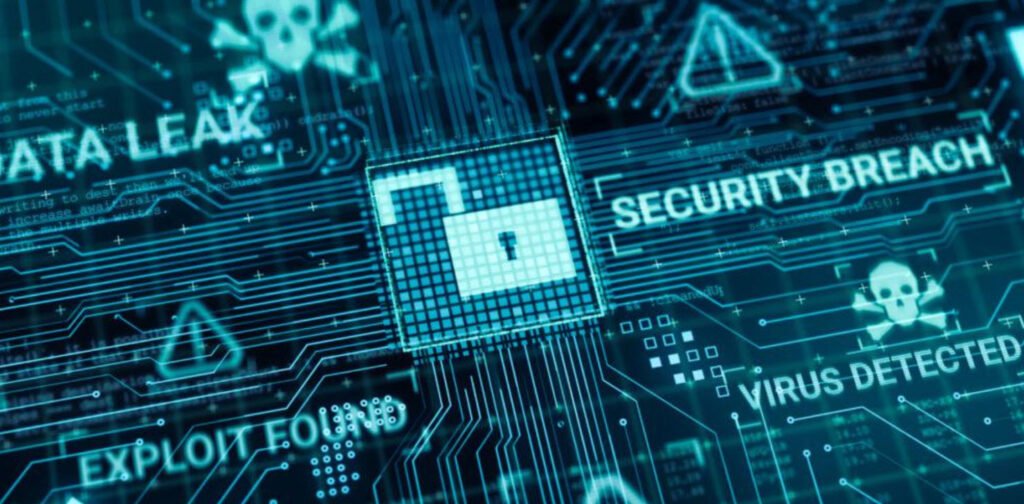In the increasingly interconnected digital world, the field of cybersecurity has become a battleground for not just technological prowess, but also ethical considerations. As we harness the power of technology to safeguard our digital assets and sensitive information, we encounter a myriad of ethical challenges that compel us to weigh the consequences of our actions.
In this article, we delve into some of the most pressing ethical challenges faced by cybersecurity professionals, examining the nuances and dilemmas that arise within each scenario.
- Vulnerability Disclosure
- Encryption Issues
- Automated Security Tools
- Sale Restrictions
- Incident Responses (IR)
- Roles and Responsibilities
1. Vulnerability Disclosure
Balancing Transparency and Security
One of the foremost ethical dilemmas in the world of cybersecurity lies in vulnerability disclosure. When cybersecurity researchers or professionals uncover a new vulnerability, they are faced with the question of when and how to inform the public.
The balance between transparency and security is delicate. Disclosing vulnerabilities too soon could expose users to potential threats, while delaying disclosure might enable malicious actors to exploit the vulnerability. The ethical challenge here is to find the right balance that prioritizes user safety without unduly endangering them.
2. Encryption Issues
Striking a Balance Between Privacy and Security
The encryption debate pits the need for privacy against the requirements of law enforcement and national security. When law enforcement requests access to encrypted data, cybersecurity professionals are confronted with a moral dilemma.
Upholding individual privacy is crucial, but at the same time, enabling law enforcement to prevent criminal activities is equally important. Ethical considerations revolve around finding middle ground between safeguarding personal privacy and aiding legitimate law enforcement efforts.
3. Automated Security Tools
Dual-Edged Swords of Ethical Responsibility
The development and release of automated security tools pose ethical challenges. While these tools can help security professionals identify vulnerabilities and enhance defenses, they can also be exploited for malicious purposes.
The question of whether it is ethical to release tools that can automate attacks on a large scale highlights the dual-edged nature of cybersecurity innovations. Balancing innovation with potential risks and consequences is a critical ethical consideration.
4. Sale Restrictions
Ethics in the Face of Autocratic Governments
As cybersecurity professionals create and develop products, the question of their ethical responsibility regarding the sale of these products to autocratic governments arises. There is a moral quandary in supplying technologies that might be used to suppress citizens or violate human rights. The ethical challenge lies in deciding whether to prioritize profit over potential harm to individuals and society.
Striking a balance between business interests and ethical considerations is essential in this context.
5. Incident Responses (IR)
Transparency vs. Prudence
In the aftermath of a cybersecurity incident, determining the appropriate level of incident detail to share with stakeholders presents a significant ethical challenge. Balancing transparency with prudence is crucial.
Sharing too much information could lead to panic or enable further attacks, while sharing too little might hinder stakeholders from taking necessary protective measures. Finding the ethical middle ground between openness and responsible information sharing is paramount.
6. Roles and Responsibilities
Navigating Complexities
The various roles within an IT department also give rise to ethical dilemmas. The responsibilities associated with each role may involve access to sensitive information and critical systems. Balancing professional integrity with the potential for misuse of access requires ethical decision-making.
Ensuring that responsibilities are aligned with ethical principles, and that access is granted and monitored appropriately, becomes a challenge within the organizational framework.
In conclusion, the world of cybersecurity is a complex landscape where ethical challenges abound. These challenges stem from the convergence of technology, individual rights, social responsibility, and the ever-changing threat landscape.
Navigating these ethical dilemmas requires cybersecurity professionals to tread carefully, weighing the potential consequences of their actions on individuals, organizations, and society at large. By approaching these challenges with a strong ethical framework, cybersecurity professionals can contribute to a safer and more secure digital world.




Pingback: How To Check Active Connections in Kali Linux - Tech Hyme
Pingback: Top 10 Primary Motivations Behind Cyberattacks - Tech Hyme